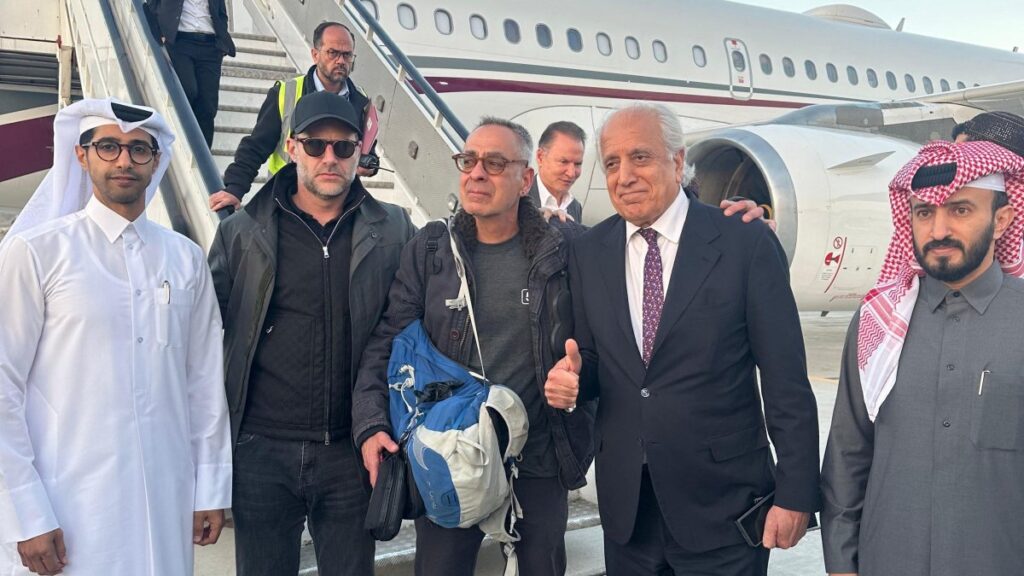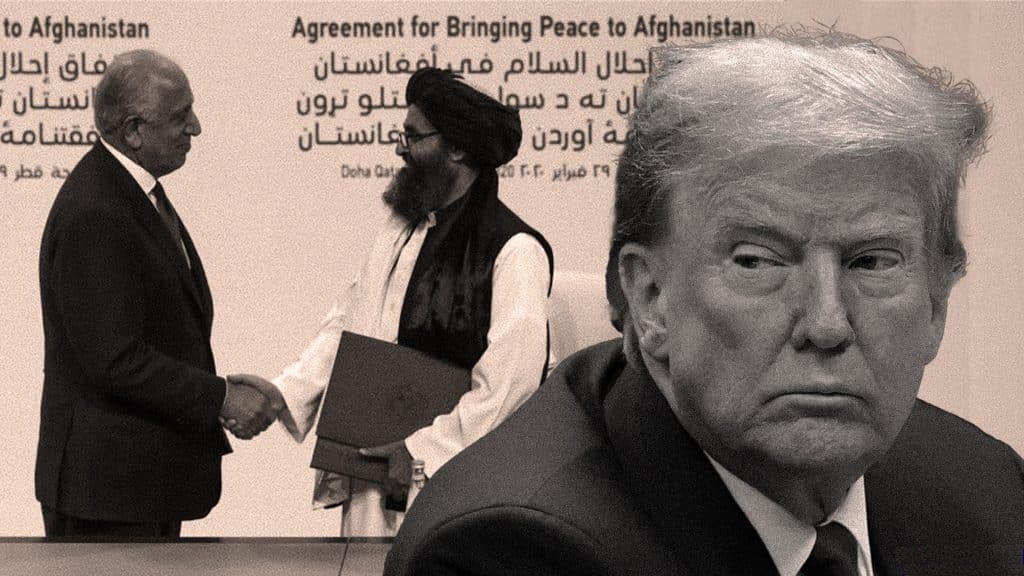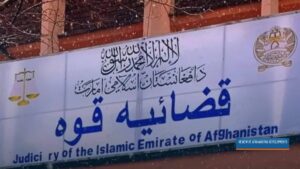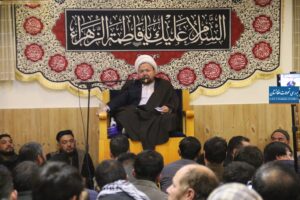Review of Afghanistan developments
The recent trip to Kabul by Adam Buehler, the special envoy for hostage affairs under Trump, alongside Zalmay Khalilzad, the former US envoy for Afghanistan, came as a surprise. Following the Taliban’s takeover of Afghanistan, the United States shut down its embassy in Kabul and designated Qatar as the primary diplomatic center for Afghan matters, with most discussions between the US and its Western allies occurring there. Additionally, a limited number of meetings took place in the United Arab Emirates during this time. Consequently, the presence of a senior US delegation in Kabul, particularly with Zalmay Khalilzad, who was the lead negotiator and signatory of the Doha agreement, is unexpected.
The arrival of this American delegation in Kabul marks one of the most unusual developments in US-Taliban relations since the Taliban reestablished their authority in Afghanistan. While there may be underlying factors that will become apparent over time, several observations can be made at this moment.
Trump’s unique style of politics
Regarding political personality, Trump stands out among American politicians for transcending traditional diplomatic boundaries and methods through his actions. His candid and straightforward demeanor, which deviates from established diplomatic norms, has created a distinct perception of him. Analyzing his conduct over the past four years of his presidency, as well as the recent months, reveals a pattern that makes Trump’s behaviors increasingly predictable.
A prominent aspect of Trump’s demeanor is his intricate rhetoric and firm positions against opposing viewpoints. However, in practice, he tends to be pragmatic and open to negotiation and deals. This duality in Trump’s character is illustrated by various instances, one of which pertains to Afghanistan. Throughout his speeches, Trump repeatedly highlighted the retrieval of American weapons abandoned in Afghanistan and the intention to reclaim Bagram Air Base, reflecting his hardline stance in theory. Yet, his decision to dispatch a delegation to Kabul for the purpose of securing a hostage’s release demonstrates a significant gap between his theoretical assertions and practical actions.
Additionally, Trump exhibits a tendency to be submissive when faced with a formidable adversary, a resilience he has noted in the Taliban. The prolonged conflict between the United States and the Taliban, coupled with the latter’s unwavering stance, has likely led Trump to realize that he cannot compel the Taliban to yield through overwhelming force. Consequently, he may have determined that offering limited and partial concessions is a more effective strategy.
Trump’s demands presented to the Taliban by a compatriot
Alongside Trump’s approach, one can also examine the Zalmay Khalilzad’s dispatch. In the prior round of talks with the Taliban, Trump designated Zalmay Khalilzad, an Afghan-American of Pashtun lineage, to conduct the negotiations. Despite the fact that Khalilzad’s efforts during the Biden administration seemingly fell short of Trump’s expectations, he continues to view Khalilzad as a strategic asset capable of effectively progressing the agreement with the Taliban.
In his book, John Bolton reveals that Trump referred to Khalilzad as a fraud, yet deemed him appropriate for negotiations with the Taliban. This perceived appropriateness stems from Khalilzad’s connections to the Taliban, coupled with his dedication to American national interests.
Enabling interaction without intermediaries and away from third-party influence
The prospect of initiating negotiations and engaging with the Taliban government was deemed feasible due to the personality and behavioral traits of the US President; however, it was largely inconceivable that he would do so directly and without the involvement of intermediaries. It is premature to conclude that Trump will persist in negotiations with the Taliban in this manner; however, it is now evident that he has signaled to the Taliban government his readiness to engage in a deal without the involvement or influence of a third party.
Trump’s decision to send Khalilzad to Kabul allowed him to circumvent all intermediaries. Nonetheless, the details of his demands to the Taliban and the extent to which Khalilzad can influence their compliance will become apparent as time progresses.
It has been disclosed that the Taliban’s release of an American prisoner has allowed them to nullify the US government’s $10 million reward for the capture of Sirajuddin Haqqani, along with two $5 million rewards for two other associates of Haqqani.
While both parties appear pleased with the agreement, it remains to be seen whether these negotiations will come to an end here or, as some officials from the Taliban have indicated, if this represents a promising start to a new relationship.
Consequences
If the US president maintains this approach of both providing and receiving, it is probable that there will be repercussions for Afghanistan under Taliban rule. Direct US interaction with the Taliban government may improve its position within the country; however, the ongoing implementation of this strategy, given the precarious regional circumstances and the conflicts involving regional powers and the US, is likely to severely damage the already fragile trust that neighboring countries place in the Taliban government.
One significant reason for the Taliban government’s persistence over the last three and a half years has been the collaboration with regional countries. This engagement has effectively prevented the Afghan economy from failing and has ensured the continuation of its sovereignty. If regional countries sense a threat stemming from the relationship between Kabul and Washington, they may choose to distance themselves from Kabul. Afghanistan faced this situation during the republican era and learned that its progress and stability cannot be achieved by relying solely on American support.


















